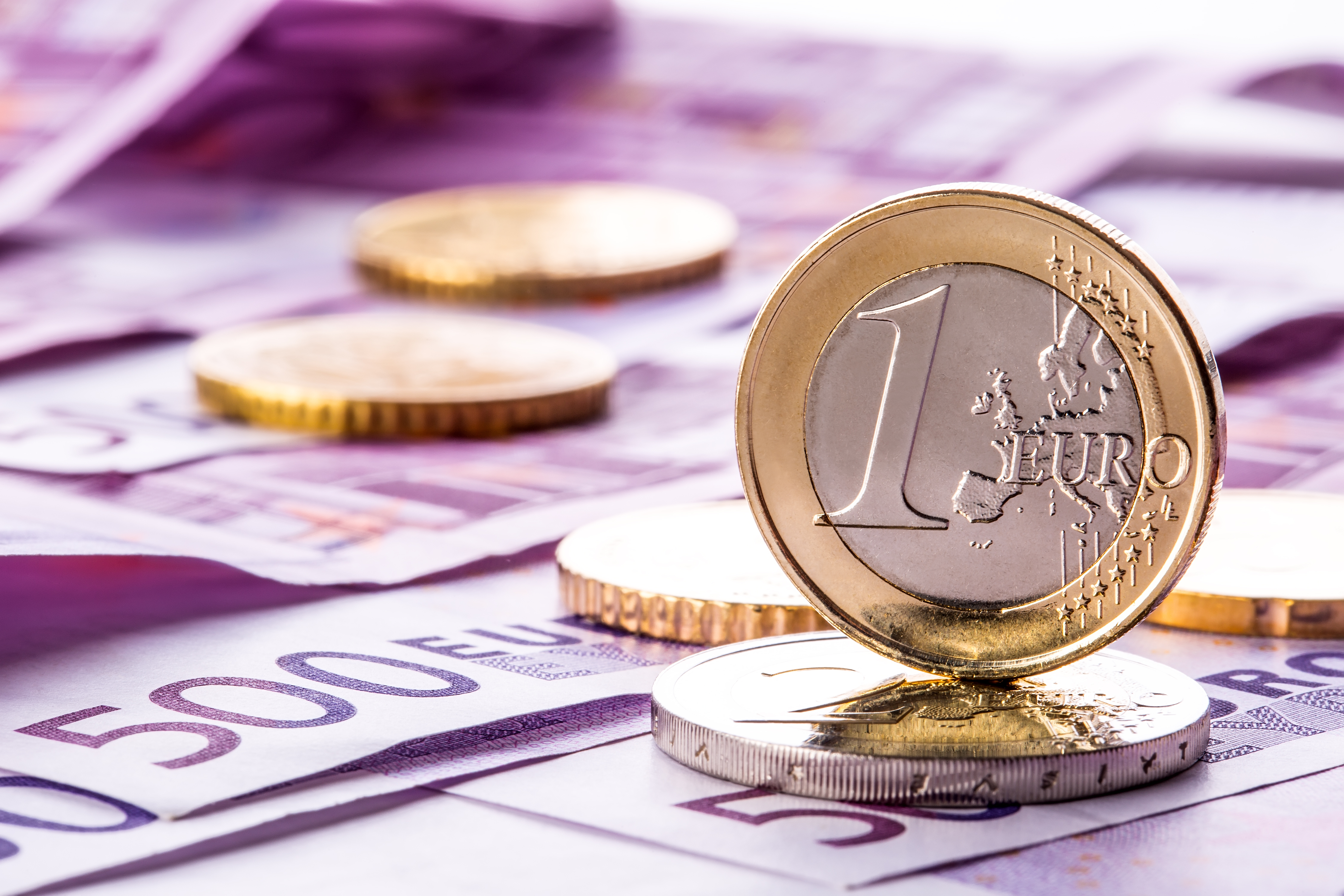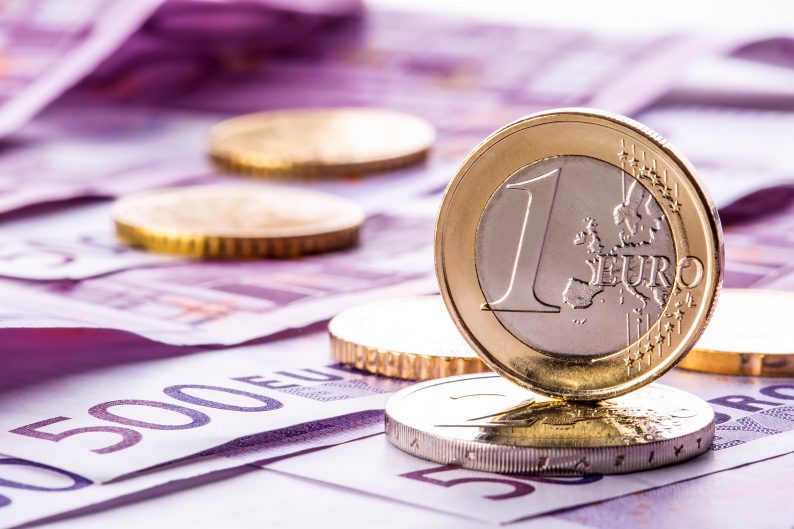Tuesday’s European session saw mixed dynamics on the major currency pairs. The US dollar fell against its Aussie, Kiwi, and Canadian counterparts, as well as against the yen and pound, while rising against both the franc and euro. The European stock market is trading up. Investors are starting to abandon the safe havens, although the statement made by North Korea’s deputy ambassador to the UN is keeping them on their toes.

Han Tae-song, North Korea’s ambassador to Switzerland, said at the Conference on Disarmament in Geneva that the latest nuclear bomb tests were a gift package for the US. He added that if the US continues to put pressure on North Korea, they would receive more such gifts. From this, it seems to follow that should sanctions against North Korea be tightened, they will respond by launching more missiles, or perhaps surprising the world in a different way. So, for the next few days at least, geopolitics will continue to have a marked influence on currency markets.
During the European session, the euro/dollar pair dropped from 1.1911 to 1.1868. The latest quote shows the euro trading at 1.1898. Tensions surrounding Korea have eased, but are still very much present. Trader attention is still focused on Thursday’s ECB meeting. They’re very worried that Mario Draghi will talk about a strengthening euro and the reversal of the QE program.
The technical picture is currently still pointing towards a weakening euro. It’ll be very interesting to see how US exchanges open. If the day closes around 1.19, we should see a small window of opportunity for the bulls. The bears need to make an impact today. Tomorrow, even more monetary resources will be required to break through the support zone from 1.1840 to 1.1860. The euro is currently up on its opening price thanks to the Aussie and Kiwi dollars. While most currencies are rising against the US dollar, it’s risky to sell the euro, and with the ECB meeting looming, it’s just as risky to buy. The only option is scalping, get in and get out quickly.












Leave A Comment